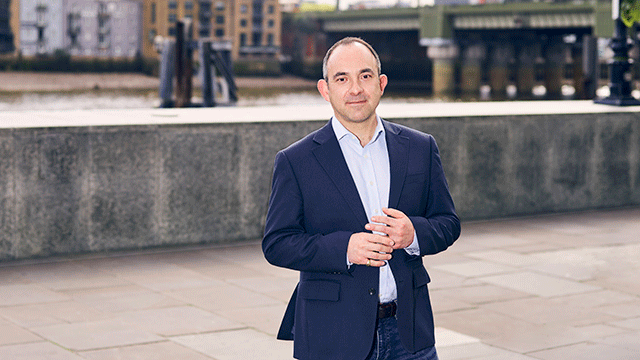 As hard evidence emerges of just how active the markets were in the run up to Christmas, it’s clear that investors are having to cast their nets more widely. 2015 is shaping up to be the year of the middle-stage spread.
As hard evidence emerges of just how active the markets were in the run up to Christmas, it’s clear that investors are having to cast their nets more widely. 2015 is shaping up to be the year of the middle-stage spread.
Savills summed up the market in December in a trading update on Thursday: “Strong performances across our transactional businesses resulted in revenue and profits significantly exceeding our previous forecasts. These were driven primarily by the completion of a number of sizeable transactions in UK and European commercial markets, which led to a stronger finish to the year than anticipated.”
But middle-stage spread? Well, there’s a hardening consensus that we are somewhere around the mid-point of the cycle, with the sectors that recovered fastest from the trough beginning to turn.
Broker Jefferies downgraded 12 resi stocks last week, while Cordea Savills also indicated it saw some parts of the UK market as having peaked. There are still plenty of opportunities, but only those willing to spread their wings will be able to capitalise on them.
The annual ULI/PwC Emerging Trends in Real Estate report highlights a surge in popularity for European cities hit hard during the downturn. Birmingham, a market that has lost ground to its great rival Manchester in the past decade, moved up 14 places to sixth. The most investable city in the UK, concluded the Birmingham Post.
GVA’s analysis of performance in the UK’s big nine cities outside London tells a similar story. City centre take-up in Q4 is almost three-quarters above the five-year quarterly average. Birmingham, Manchester and Edinburgh performed well, but the star was Bristol, where the rise in take-up was more than triple the quarterly average.
And this spread is evident in the capital too. Great Portland Estates chief executive Toby Courtauld said this week: “With robust demand for good quality London offices and sparse availability, we can expect healthy rental value increases during 2015.” But real growth is likely to lie beyond prime pitches.
Take the luxury market. Prime zone A rents barely moved on luxury’s traditional home on Bond Streets old and new in 2014. On neighbouring Conduit Street and Dover Street they spiked by 39% and 58% respectively. (Ask those in the know and they’ll tell you Cork Street and South Audley Street are the next hotspots.)
As investors and tenants alike hunt value, further middle-stage spread is inevitable.
We have a fascinating interview with UKIP housing spokesman Andrew Charalambous this week (p48). The party has a surprisingly long list of planning and housing policies, some of which should be taken seriously: around brownfield development, for instance. Have a read and see what you think. And much as I disagree with the party’s founding premise, there’s one statement by Charalambous in particular with which I struggle to find fault: “If we refuse to transcend party politics, strong party discipline and the three-line whip system, it’s very hard to see how we are going to find solutions to things like the housing crisis.” Or the need for a proper airport solution, for that matter.
Speaking of politics, there’s a cracking line up for the LandAid Debate at City Hall on 5 February. Labour favourite Alan Johnson and former Tory mayoral candidate (and chairman of BNP PRE and Soho Estates) Steve Norris will line up alongside former Lib-Dem leader in the House of Lords Baroness Shirley Williams and Jenny Jones, former leader of the Green Party. A 350-strong audience is expected. Tickets are selling fast. Book yours at www.landaid.org.
I’m delighted Deidre Hipwell is joining us as a monthly columnist. The M&A correspondent at The Times – and formerly the paper’s property correspondent – will be writing on what’s really going on in Britain’s boardrooms and how the decisions taken will affect this industry. And there’s no better place to start than with the Songbird saga and the “alpha male” battle for Canary Wharf (p43).










